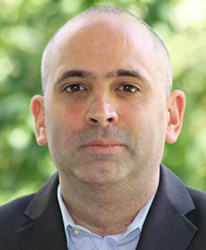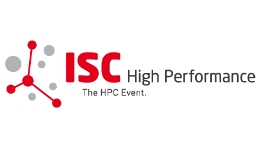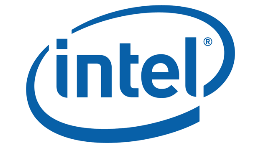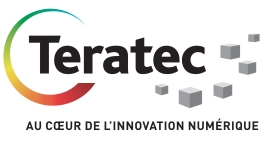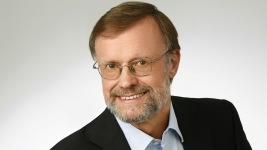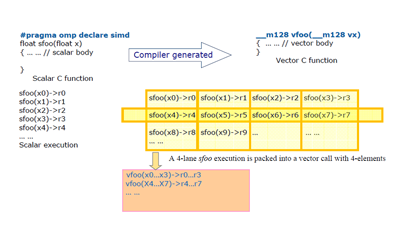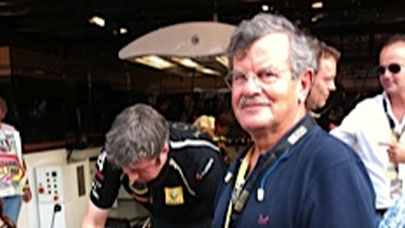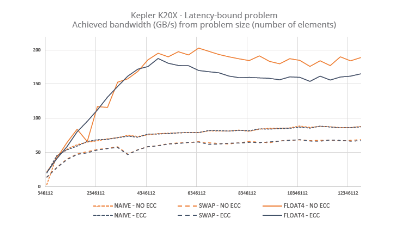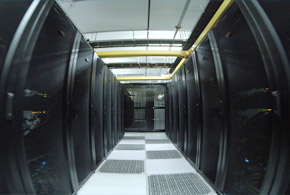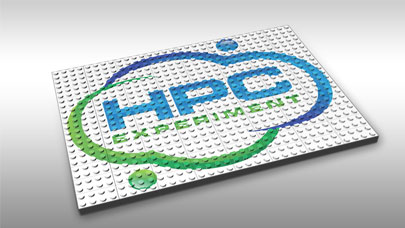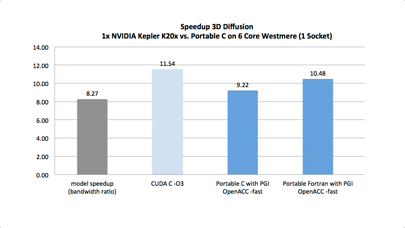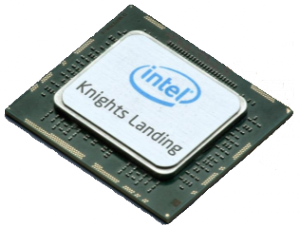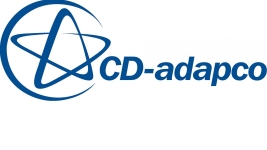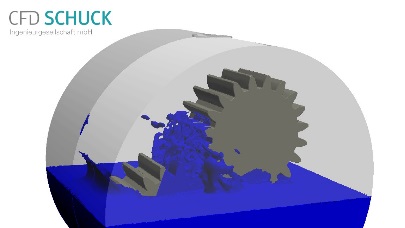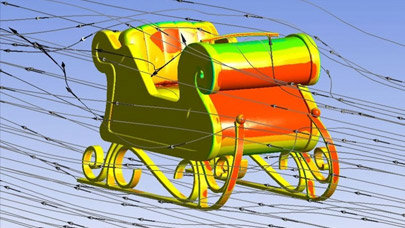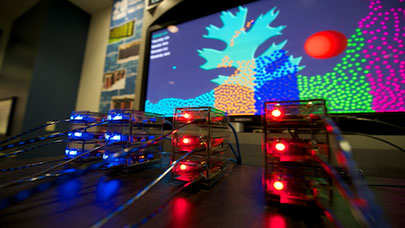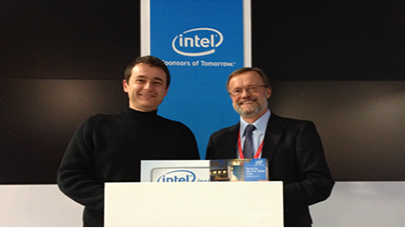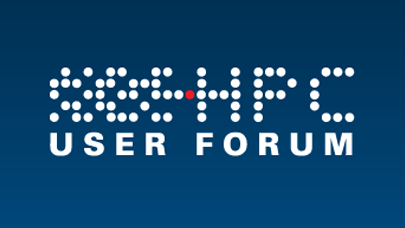Christophe Rodrigues, Executive Director, The HPC Academy
We believe that HPC is now out of its ivory tower and that, to put it simply, HPC is the IT of tomorrow.
Born just a few short months ago, the HPC Academy, a nonprofit organization, is distinguished by its commitment to promote the power of HPC technologies to audiences as diverse as academics and small and medium enterprises. An ambitious project, brought about by enthusiasts like Christophe Rodrigues. The Executive Director of the HPC Academy has agreed to answer our questions to give us an update on the association’s development and projects.
The creation of the HPC Academy was a surprise for everyone. How have you been received by the HPC community?
It’s true that we never communicated publicly on the proposed creation of the association – only a small circle was aware of the approach. We took this initiative to heart and its implementation was a priority. The beginning was difficult. Some wrongly compared our objectives and missions to Teratec, and I will not deny that we had some pressure to make us stop. However, from the beginning, we had the support of many industry leaders, academics and scientifics who were convinced of the merits of this initiative.
How do you explain why this was so difficult?
Both in France and Europe – because the objectives of the HPC Academy are European – the HPC community is a small one where everyone knows each other. Therefore, it’s easy to circulate false information in order to do harm, so that the objectives of the HPC Academy may not have been fully understood by everyone. But that has not dampened our motivation. On the contrary, we are totally committed to carry out the missions that we have set. The Academy is now developping fast enough that there’s now nothing to envy of other initiatives.
Don’t you think that this distrust of the association is because few people knew you? Tell us more about you…
It’s possible! However the president of the association, Frédéric Milliot has already had extensive experience and recognition in the community. For my part, I spent more than ten years analyzing IT solutions for high performance computing, especially for the press. This experience has given me a good knowledge of the market. I then headed to an editorial communication agency for several years before joining Digitechnic four years ago. Finally, today our board has eminent personalities from the community that give credibility to our ambitions and our relevance.
As to that, how the association is it structured?
The HPC Academy has an executive committee to implement the operational functioning of the association. We have a very important feature: no industry research center, public or government agency members sit on the executive committee. The HPC Academy is thus entirely independent. This operational governance is complemented by three specialized advisory committees to direct our missions.
First, the Education and Research Committee aims to define and implement projects to the academic sphere. This council is composed of six individuals recognized in their fields.
A second committee, in charge of the promotion of HPC, includes all of our member partners: manufacturers, publishers, members of the press or academic. This task force, which is very active in the association, is consulted throughout the year on the activities and projects to implement.
Finally, a Scientific Committee, whose composition will be announced in a few weeks, will have the responsibility of initiating collaborative research projects whose results will then be donated to the open source community.
What concrete actions have been undertaken by the association in Europe?
Our primary mission is to introduce the academic community (teachers and students) to supercomputing and all its applications – far beyond the simple simulation – our actions are primarily oriented towards this goal. For example, we implement operations with students from partner schools. The ESIEA will be the first to benefit from this initiative. One Thursday per month, the HPC Academy teams will host a day about HPC technologies. A speaker (industrial, scientific, academic …) will introduce students to a technology, a solution, a use case or a parallel programming language. Entitled, “HPC University”, this program is free and can be replicated in any school of higher education in Europe.
We also put the finishing touches to a research and collaborative development program called “HPC Camp ’16.” It consists of ten engineering students interning for six months and another twenty working remotely. Their mission will be to develop an application project and to offer the results to the community. For this we have identified five themes for the future: Machine Learning Deep Learning, HPC Cloud, Cryptology and Security, Financial calculation. On this basis, our Board of Education and Research should soon approve the selected projects. The purpose of HPC Camp ’16 is to stimulate innovation among the student community, we hope it will lead some participants to engage in entrepreneurship.
Finally we are preparing many events. The first will take place in the month of January 2016 in Paris and is expected to host nearly 500 students. The theme will be “HPC for Security.” This day will be a day of technical conferences, industrial and scientific, technical workshops with practical implementation of the knowledge acquired during the day. It will end with a nighttime hacking competition (hackathon) on the theme: Security. The winners will be rewarded. The objective of this initiative is to enable participants to have a day in the best synthesis of technical knowledge and best practices so they can quickly integrate into operational businesses. Don’t forget that these students are the future players of the HPC market…
You also offer continuing education courses for companies. Isn’t that contrary to the “non-profit” nature of the association?
We do indeed offer a program called “HPC Professional Training”. This is intended to enable small businesses to acquire skills in parallel programming and high performance infrastructure. We also extend this education to job seekers during retraining. Our objective is to provide new opportunities for businesses development related directly or indirectly to HPC technologies. We have developed five modules of ten days with different levels of technical requirements, and other courses also will be launched within a few months. It is important to remember that the HPC Academy does not intend to sell these kinds of trainings. So we signed an agreement with the ESIEA School of Engineers in Laval and Paris. It is this school which sells and accredits the curriculum by the HPC Academy. The instructors are recruited and provided by the association. We hope to develop such training in other countries in Europe very quickly.
Conversely, what about the actions towards the uninitiated and even the general public?
Excellent question! We believe that HPC is now out of its ivory tower and that, to put it simply, HPC is the IT of tomorrow. Therefore, we are creating a completely free training we will probably call “Beginning in HPC.” This will be a one to three day conference where we inform both professionals (companies, developers, resellers, etc.) and independents that wish to better understand supercomputing, areas of applications, technologies and existing solutions. This new ambitious program will be offered in January throughout Europe in collaboration with our partner members. It will be organized quarterly with special additional sessions at international events such as ISC, for example.
Last, but not the least, question : How do you finance these projects?
Even for a non-profit organization, the money is crucial. The HPC Academy funding sources are currently limited to professional dues (membership is free for students, teachers and scientists) and donations. Even there, it’s a struggle every moment to convince donors to support our initiatives. We don’t benefit from any public funds or European subsidies, and the bad publicity made by some did not help us. Despite this, we were able to count on the support of our first partner members, which do not hesitate to make material donations (tax deductible, as well as monetary donations) to equip our classrooms and our stakeholders. Some have already understood: generosity here doesn’t have just one goal, the goal is to contribute to the development of HPC in all its forms, for the good of the community, the economy and European innovation.
© HPC Today 2024 - All rights reserved.
Thank you for reading HPC Today.

